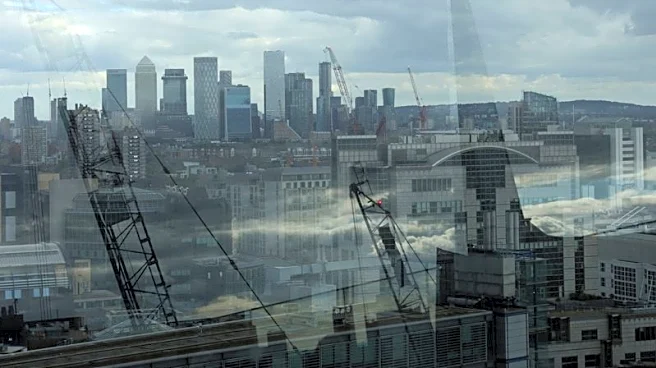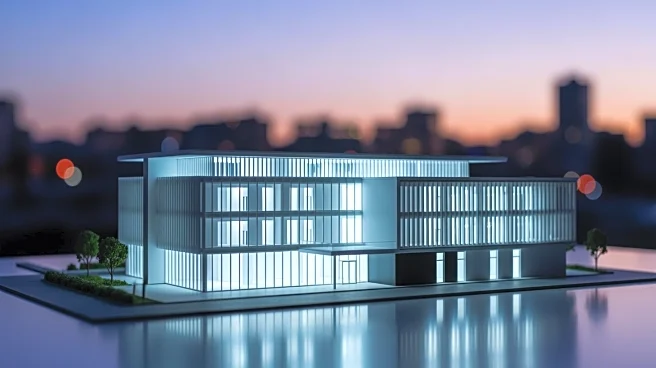By David Milliken
LONDON (Reuters) -British construction activity shrank for a ninth month in a row in September, though at the slowest pace in three months, and broader private sector activity fell for the first
time since April, a business survey showed on Monday.
The S&P Global Purchasing Managers' Index for the construction sector rose to a three-month high of 46.2 in September from 45.5 in August, but remained well below the 50-level that divides growth from contraction.
The composite PMI - which includes last week's readings for the larger services and manufacturing sectors - slipped below 50 for the first time since April, dropping to 49.7 from 52.8.
Tim Moore, economics director at S&P, said many respondents in the construction sector reported that big investment decisions were being put on hold until after finance minister Rachel Reeves delivers her annual budget on November 26, in line with the pattern reported by manufacturers and services firms.
"Business activity expectations for the year ahead were among the lowest since the end of 2022, suggesting that construction companies remained cautious about the near-term outlook and have yet to see a turning point on the horizon," he said.
The PMI paints a more downbeat picture than recent official data, which showed construction output expanded by 1.0% in the second quarter, outstripping a 0.4% in the economy as a whole.
Some economists view the PMI as reflecting downbeat business sentiment ahead of the budget as well as falls in output.
Reeves is expected to have to raise taxes or reduce spending by tens of billions of pounds in November to keep her budget goals on track, just over a year after announcing the biggest tax rises in more than 30 years, which mostly fell on business.
Part of the higher taxation was to fund greater public investment and S&P said some construction firms were hopeful for new orders for infrastructure and energy security projects.
The construction PMI showed employment in the sector fell for the ninth month in a row - the longest consecutive period of declines since the COVID-19 pandemic - while cost pressures remained robust after falling to a 10-month low in August.
(Reporting by David Milliken; Editing by Toby Chopra)










